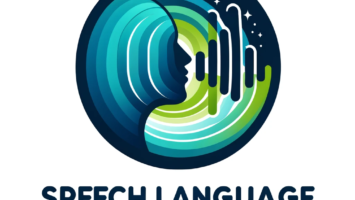PhD defense of Anais Chanclu – 11 December 2023
Thesis defense of Anais Chanclu Date: Monday 11 December 2023 at 14:30 Location: Thesis room, Hannah Arendt campus. Title: Recognizing individuals by their voice: defining a scientific framework to ensure the reliability of voice comparison results in forensic contexts Jury: Abstract: In police investigations or criminal trials, voice recordings are often collected for comparison purposes with the voice of suspects. Typically, these recordings, referred to as ‘traces’, come from phone taps, emergency service calls, or voicemail messages. Recordings of suspects, known as ‘comparison pieces’, are usually obtained by law enforcement through voice sampling. Since the traces and comparison pieces were not recorded under the same conditions, and the recording conditions of the traces are often poorly known or entirely unknown, the variability between the recordings being compared cannot be quantified. Numerous factors come into play, including audio file characteristics, linguistic content, the recording environment, and the speaker(s). Voice comparison practices have evolved throughout history without conforming to a scientific framework. This has led to questioning the reliability of voice expertise (as in the Trayvon Martin case) and the use of fallacious practices (as in the Élodie Kulik case), potentially leading to judicial errors. Nowadays, the French Scientific Police (SNPS) and the Plus d'infos

